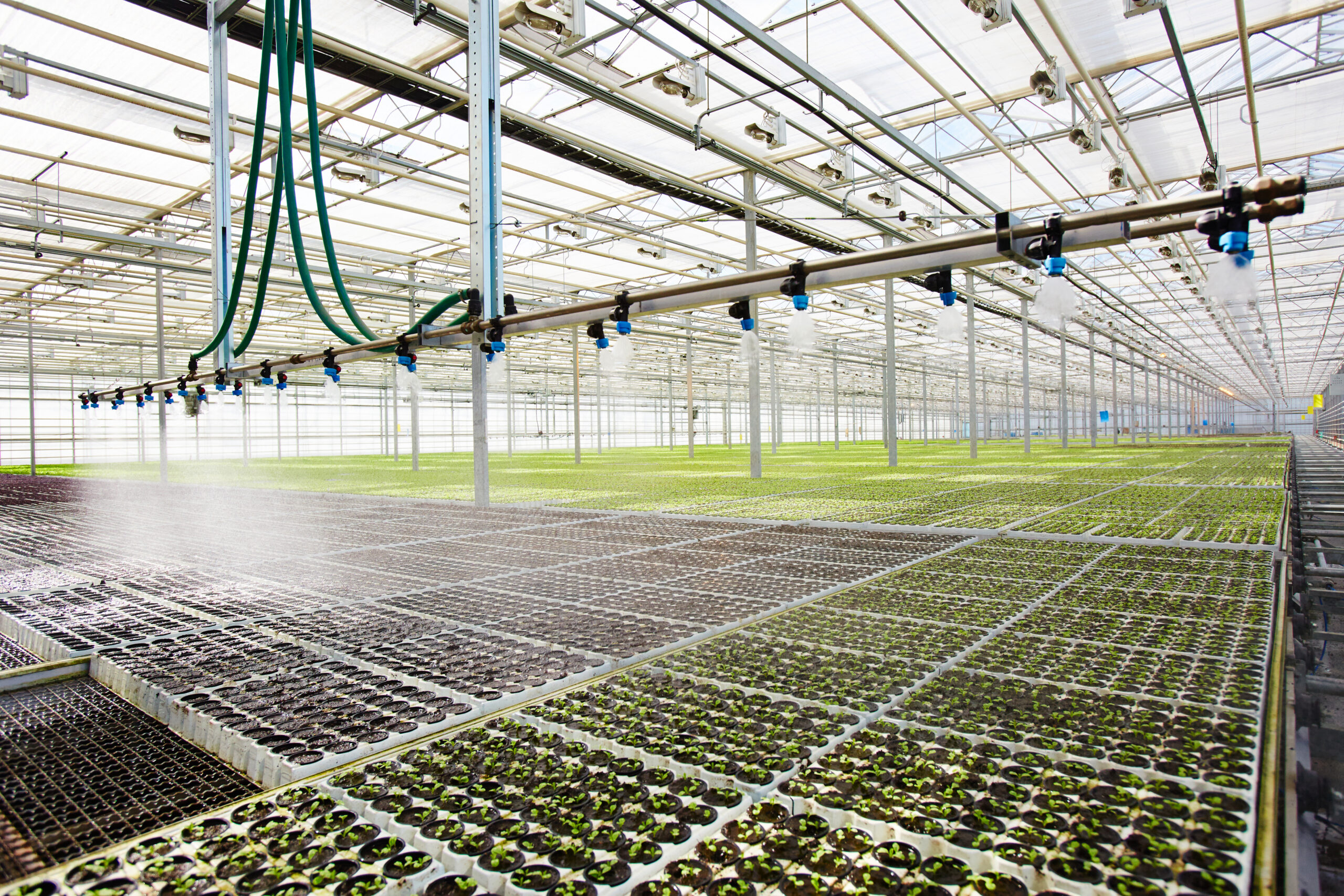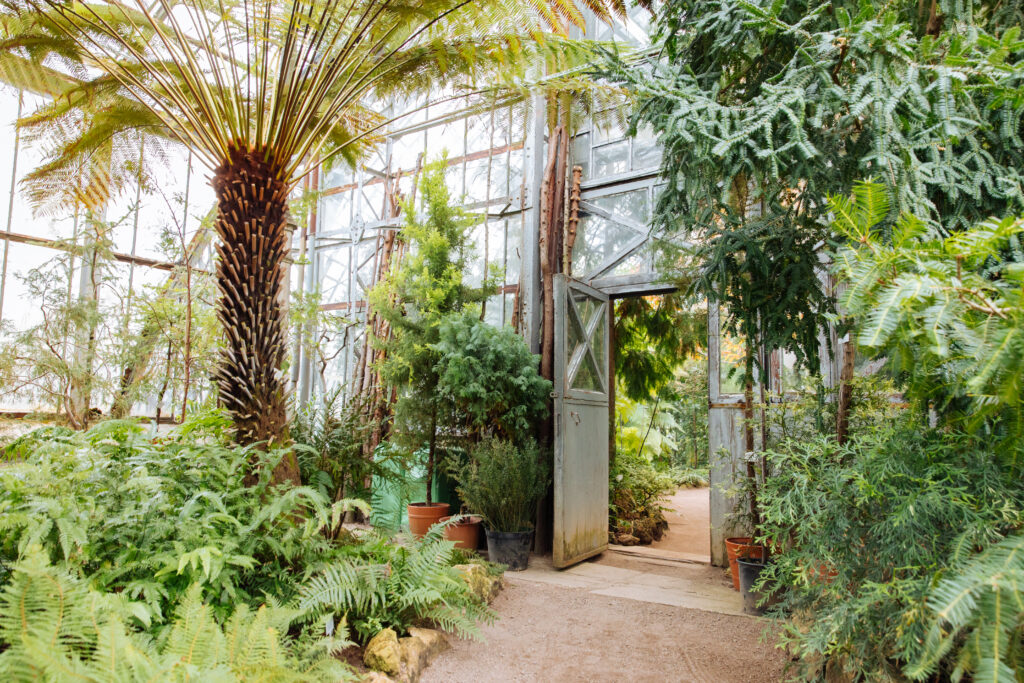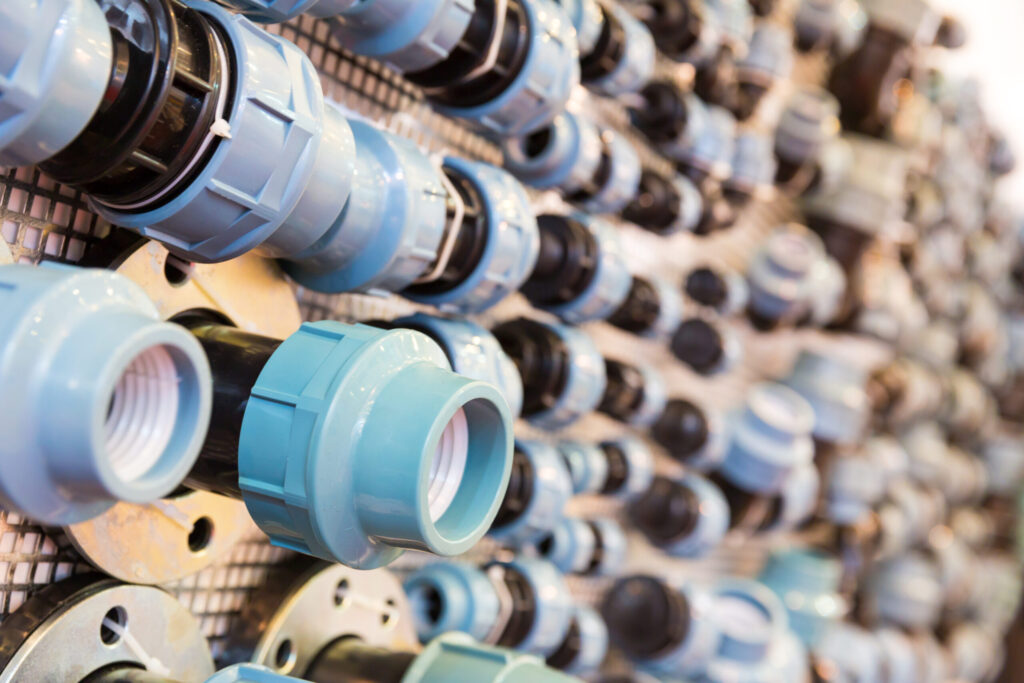
Water Irrigation Controls Manufacturer: An Overview of Benefits, Applications, and Components
As the leading water irrigation controls manufacturer, we understand water irrigation controls and their components are a critical part of modern agriculture. They are the mechanisms and systems used to manage the distribution of water in agricultural fields, greenhouses, nurseries, and more. These controls enable growers and farmers to regulate the timing, quantity, and method of water delivery to crops.
As the leading designer and manufacturer of rubber and plastic components, we understand the importance of the quality, efficiency, and sustainability of water irrigation controls and the systems they support. Let’s explore the benefits, essential components, and materials of water irrigation controls.
Benefits of Water Irrigation Controls
When water is distributed properly, growers and farmers are able to utilize resources efficiently, improve their crop yield, save money, and reduce their environmental footprint.
Waste Reduction: By precisely controlling water usage, water irrigation controls reduce waste and energy consumption. This lowers bills and increases profitability.
Larger Crop Yield: When crops are getting the right amount of water and nutrients, growers and farmers are able to produce healthier plants and a larger crop yield.
Environmental Sustainability: Minimizing water runoff and soil erosion contributes to environmental preservation and sustainable farming practices.
Applications for Water Irrigation Controls
Water irrigation controls cater to a variety of agricultural settings and diverse crop types. This makes them suitable for various applications from small vegetable gardens to large crop fields. By catering to these diverse applications, water irrigation controls empower farmers and growers worldwide to overcome challenges and increase productivity. Let’s take a look at a few of these applications and how water irrigation controls provide support.
Vegetable Gardens: Whether on a small plot or a commercial vegetable farm, irrigation controls allow growers of all sizes to tailor watering schedules to the specific needs of different vegetable varieties.
Field Crops, Orchards, and Vineyards: Large-scale farms, orchards, and vineyards that produce a stable crop such as corn, wheat, or grapes utilize water irrigation controls to distribute waters across hundreds of acres. Controlling the water timing and distribution also controls the moisture level needed for optimal growth.
Greenhouses and Container Farming: Controlled environment agriculture in greenhouses or hydroponic farms in containers, rely on irrigation controls to maintain ideal growing conditions for plants and vegetables, including moisture levels, temperature, and humidity. A change in these levels needs immediate attention, and long term miscalibration could result in a major loss.

Nurseries: Plant nurseries use water irrigation controls to nurture young plants and seedlings. Whether in an open nursery or a controlled environment, ensuring uniform watering and fostering healthy root development is important from the very beginning.
Landscaping and Turf Management: Parks, lawns, golf courses, and sporting fields all use water irrigation controls to maintain lush grass and lawns. In these larger areas, delivering water precisely where needed will sustain vibrant production while conserving resources.
Urban Agriculture: Let’s not forget about our cities. Urban settings also have a need for water irrigation controls for spaces such as rooftop gardens, vertical farms, and community gardens. In these landscapes, water irrigation controls help maximize yields in limited space.
Water Irrigation Control Components
Gulf Engineered Rubber and Plastics Solutions (Gulf) designs and develops the following essential components that support the operation of water irrigation controls.
Timer or Controllers – Used to regulate pre-set schedules, moisture levels, or weather conditions.

Valves – Control water flow through irrigation pipes and can be operated manually or automatically.
Sensors – Moisture sensors, weather stations, and soil probes providing real-time data to inform irrigation decisions.
Pipes – Transports water from the source to the fields.
Emitters – Drip emitters, sprinklers, and micro-sprayers distribute water evenly.
Materials Gulf Uses to Develop Water Irrigation Control Components
Various rubber and plastic materials are used to design and develop the components that operate water irrigation controls. Flexible rubber is utilized in valve diaphragms, gaskets, and seals. Rubber will ensure leak-proof connections and durability. Plastic, specifically high-density polyethylene (HDPE), is used for pipes and fittings. This offers a lightweight, corrosion-resistant solution. Plastic polymers are also used in sensor housings and emitter components due to their versatility and cost-effectiveness.
Contact Water Irrigation Controls Manufacturer
As we’ve seen, water irrigation controls are a fundamental part of sustainable agriculture today. They provide growers and farmers with the tools they need to navigate the complexities of water management, crop yields, sustainability, and cost management. As the technology and materials within the industry continue to advance, so will we as the manufacturers of the components that power these crucial systems. Contact our expert team at Gulf with questions and to discuss your next water irrigation control project.
